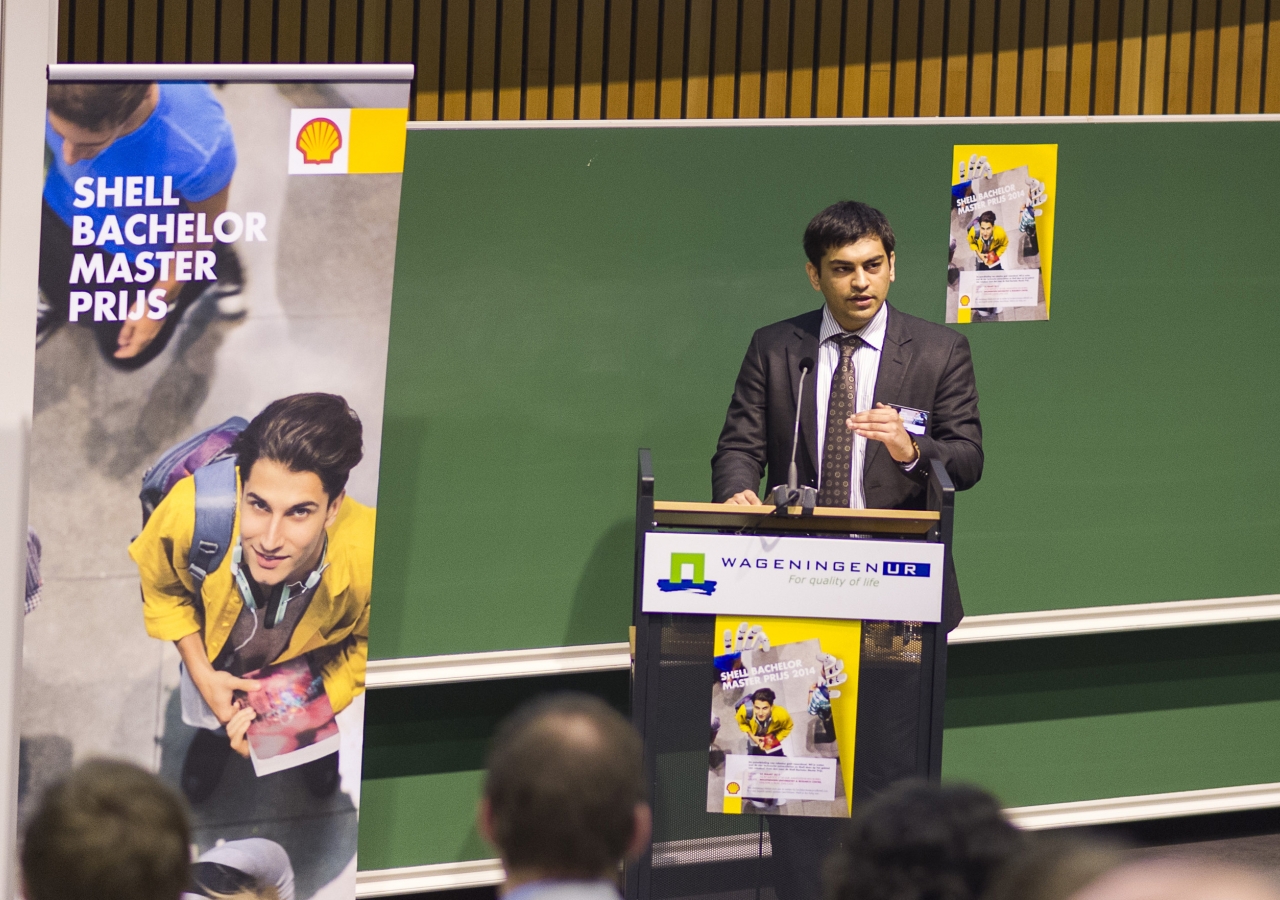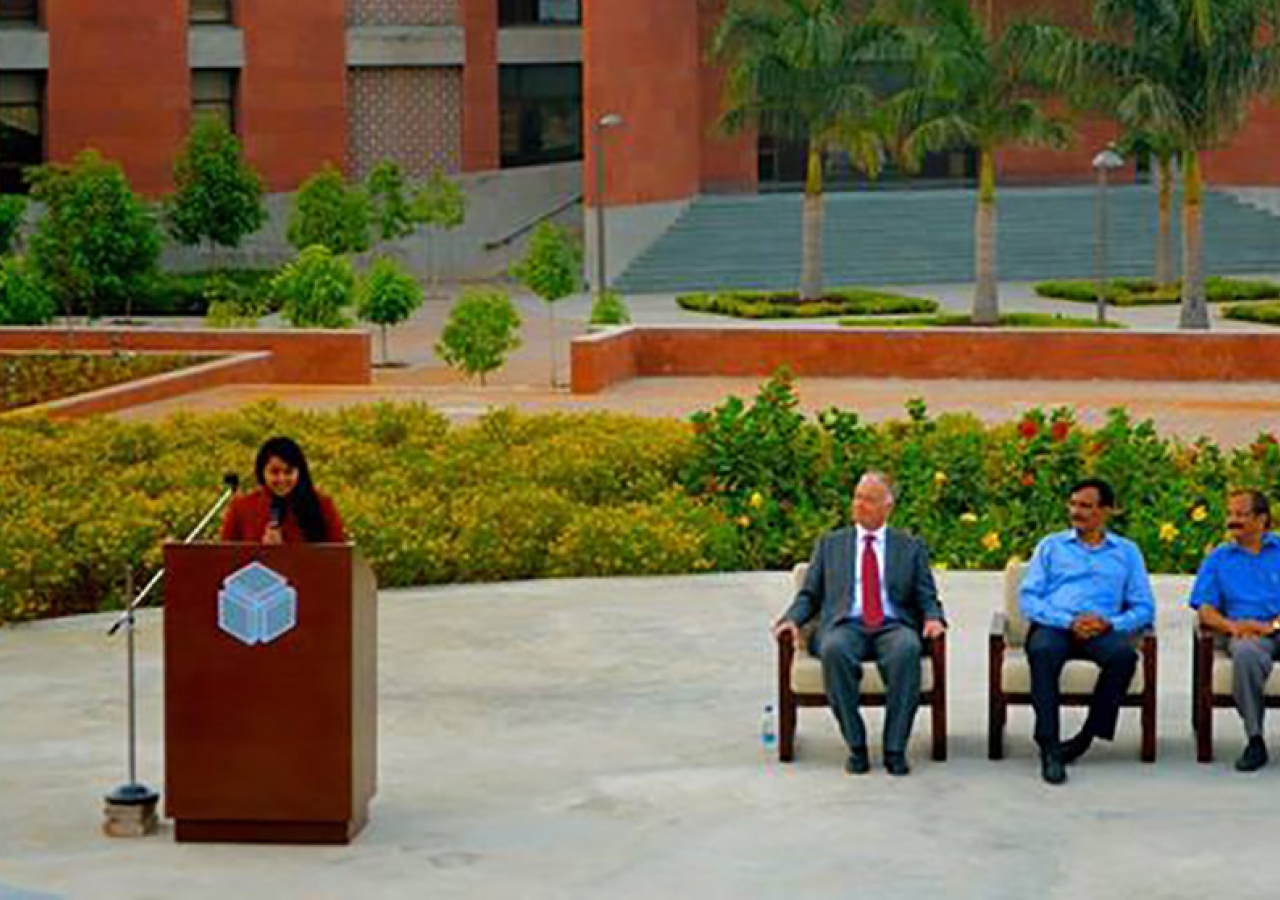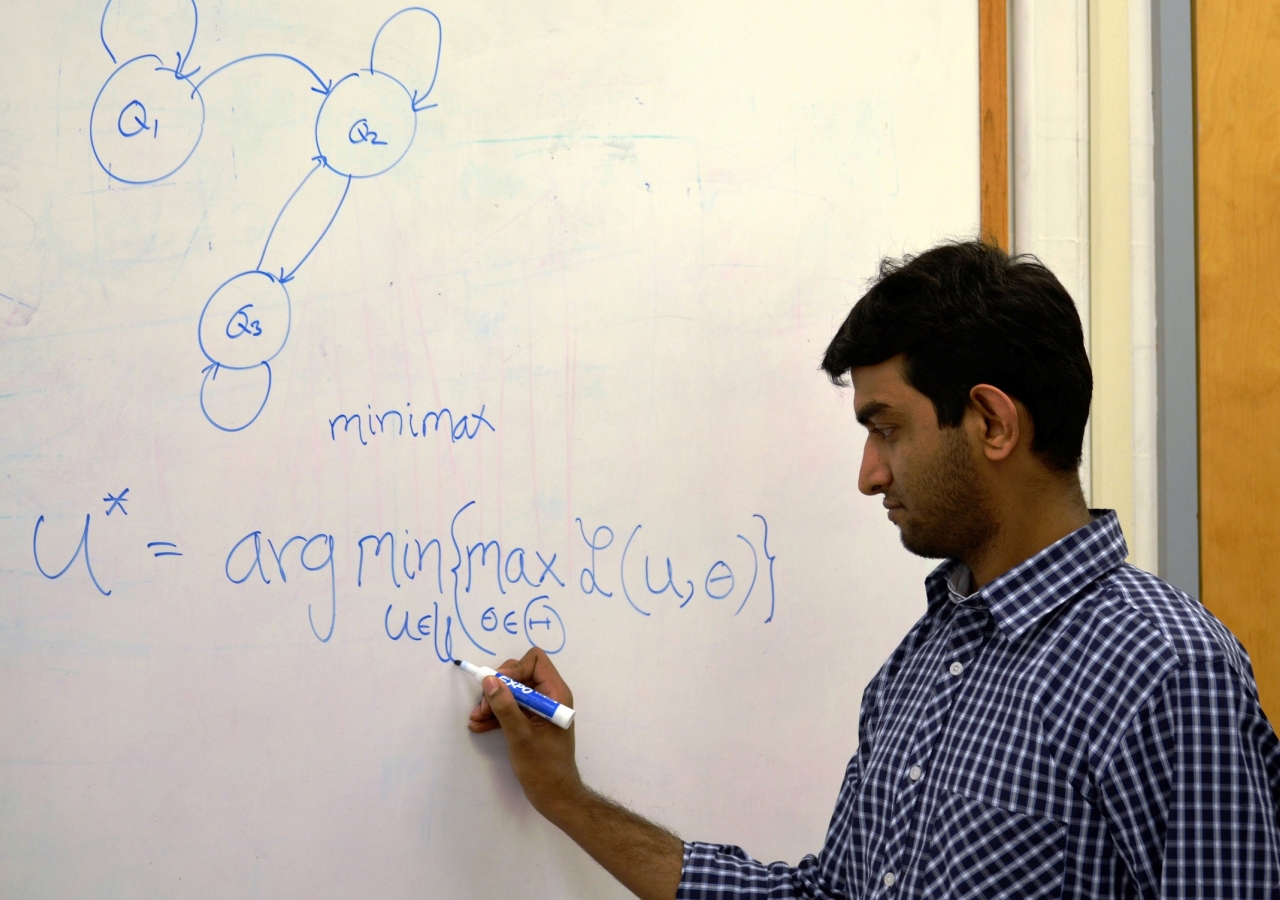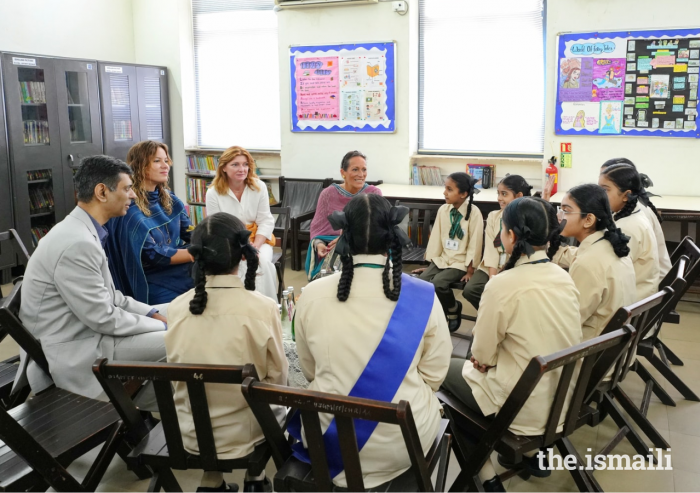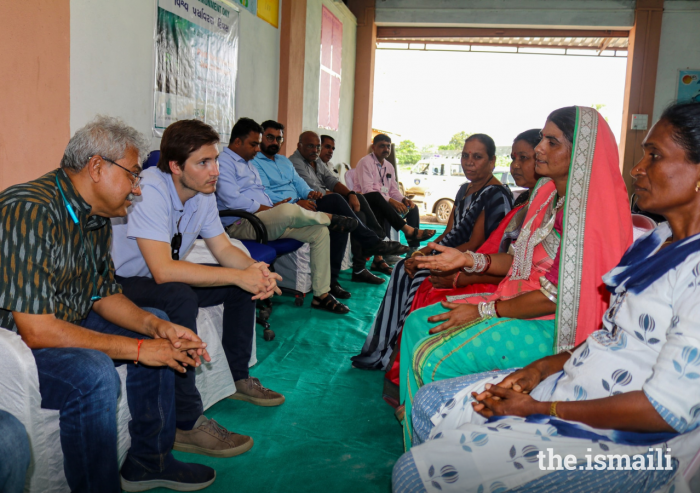For centuries, the Ismaili community in India has been woven in the nation’s fabric, and each successive generation has tried to contribute to the country’s advancement. Today’s young people see ample opportunity, but they are not blind to the challenges of the day. Rather, they hope to address these challenges, and view the pursuit of pluralism, research and innovation as a means to making a difference in the country.
Preserving cultures
Sonawalla, who founded the Model United Nations club at the Aga Khan Academy, Hyderabad, sees an India that is rich in diversity. In a country that is often termed a “melting pot of cultures,” she feels that preserving traditions is paramount to our shared humanity.
“It is only when we try to preserve the identity of lost cultures, can we absorb their plight and thence aim to address the issues plaguing their societies”, says Sonawalla.
In 2012 she won accolades for an ethnographic study she wrote about the nearly-lost Devipujak Waghri community in rural India. Sadly, she notes, though they are rich in heritage with links to a past royal dynasty, the community is barely known today.
This is part of a widespread problem among communities in India, observes Sonawalla. She is concerned at a stark division that she sees within the country: While a towering corporate sector progresses quickly to achieve multinational status, the vast rural majority is left marginalised, wanting for support and development aid. That rural India that she is passionate about, makes up 70 per cent of the country’s population, yet it bears the brunt of an improperly balanced system of resource allocation.
A more harmonious India with less disparity and more opportunity, believes Sonawalla, will contribute to the overall advancement of the nation. “We need to progress and move forward together, as a race, as human beings,” she says.
Collaborative research
Meanwhile Nurali Virani, sees research as key to solving some of the most pressing issues in the the country. Five years ago, he spearheaded a team of eight members who designed and prototyped an autonomous underwater vehicle. Their project prevailed at a national competition organised by the National Institute of Ocean Technology.
In the future, Virani envisions an extensive research collaboration, in which Indian government agencies in various sectors would work with researchers and students to solve some of the most pressing issues in the country — including environmental challenges.
“The vision for such a research organisation has been on my mind since several years,” says Virani. He expects India’s strong education system to attract companies and research organisations to the country.
The fruits of their research, Virani says, will not only benefit the country directly, but will also motivate more youth to adopt a meritocratic approach to their education. He sees tremendous potential for advances in the fields of healthcare and renewable energy — a central theme in accommodating the world’s growing in population.
Harnessing natural sources of energy like sunlight holds significant potential in a country like India. Solar energy, believes Virani, can enable India to meet the rising energy demands of the future.
Sustainable technologies
Zaid Thanawala would agree with him. The Delft University of Technology student recently won an award for his master theses on efficient solar to hydrogen conversion.
Organised by Shell Netherlands, the competition invited competitors to demonstrate innovative technologies that address the interdependency between water, food and energy for a more sustainable future. Thanawala developed a silicon-based solar cell that stores energy as hydrogen, which can address the intermittency problem of renewable energy resources.
“The technology is applicable, relevant and a technological challenge,” said Jury Chairman Louise Fresco of Wageningen University and Research Centre, where the competition took place. “Zaid Thanawala shows above all strong technological and innovative leadership which we need.”
In India and elsewhere, Thanawala sees the need for clean water and energy as a growing challenge. However, where others see these issues as two separate problems that need to be dealt with individually, he sees them as one.
Implementation of sustainable energy technologies in a country blessed with ample sunshine and wind would not only help solve energy problems, he says, but can also be used to purify water. High concentrations of CO2 is another area of concern.
“In a country like India, we have the potential to set an example for the world,” says Thanawala. People need to be more open to change, he adds and “adapt to a more sustainable lifestyle and try to keep their carbon footprint as low as possible.”
He notes that much of the rural population has little or no access to a constant supply of clean water and energy. This is a concern that has shaped his plans for the future.
“I hope to gain some international work experience and then help develop and install distributed renewable energy systems and renewable water purification systems in rural India,” he says, “to make them independent and thus help them progress too.”

